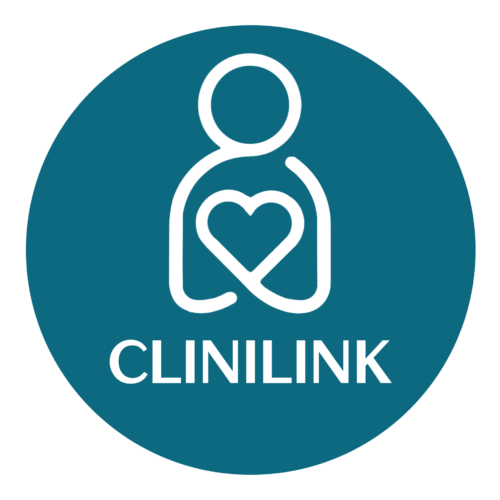Recent headlines reveal growing concerns among major pharmaceutical companies regarding the NHS rebate system.
Companies such as AstraZeneca, GSK, and Pfizer have warned that high repayment rates,reported to reach up to 22.9% for newer medicines, are placing significant pressure on investments in innovative treatments.
In addition, a rise in the UK’s medicine sales tax has raised fears that the market is becoming “uninvestable”, potentially delaying the launch of cutting-edge therapies into primary care.
We explore the evolving economics of NHS drug pricing, offering valuable insights for clinical pharmacists and underscoring the importance of continuous professional development (CPD).
Understanding Rebate Mechanisms
The current NHS rebate system is designed to control costs by reclaiming a portion of revenues from drug manufacturers once sales exceed certain thresholds.
However, with rebate rates now approaching levels that substantially exceed those in comparable markets, there is growing concern that these mechanisms may inadvertently hinder the financial viability of launching new treatments in the UK.
For clinical pharmacists, it is vital to understand:
How Rebate Structures Work:
Familiarise yourself with the mechanics of NHS rebate systems, including how repayment percentages are determined and the factors influencing their fluctuation. Understanding these dynamics is critical for clinical pharmacists advising on drug pricing and medicine management.
International Comparisons:
Countries such as France, Germany, and Ireland maintain lower rebate rates. This discrepancy raises questions about whether the UK’s aggressive approach is discouraging pharmaceutical investments, potentially affecting access to innovative therapies in primary care.
Economic Impact on Patient Care and Clinical Pharmacy
Economic pressures in the pharmaceutical sector extend far beyond cost-saving measures; they have a direct influence on patient care and the future of UK healthcare. As drug pricing dynamics shift, clinical pharmacists must be prepared to address several challenges:
Delayed Access to Innovative Treatments:
High rebate rates may deter pharmaceutical companies from launching new, innovative therapies in the UK, meaning patients could face delays in receiving treatments that could improve outcomes for complex conditions.
Cost and Availability Concerns:
Fluctuations in drug pricing often lead to increased costs for healthcare providers. Clinical pharmacists must proactively manage these changes by advising on cost-effective treatment alternatives and ensuring that therapeutic benefits outweigh any financial burden.
Enhanced Role in Patient Counselling:
As economic factors influence medicine availability and pricing, pharmacists are increasingly required to explain these changes to both patients and healthcare professionals. A clear understanding of these economic pressures enables better-informed decisions and improved patient outcomes.
The Importance of Continuing Professional Development (CPD)
In today’s rapidly evolving economic landscape, staying informed is more crucial than ever. Continuous professional development and specialised clinical pharmacist training are key to navigating these challenges successfully.
Engage in Targeted CPD Programmes:
Seek out training modules that focus on NHS drug pricing, reimbursement models, and healthcare economic policy.
This knowledge not only enhances your ability to contribute to policy discussions but also optimises medication management in clinical practice.
Participate in Industry Forums and Discussions:
Join professional networks, webinars, and conferences that cover the latest economic trends in the pharmaceutical industry. These interactions can provide valuable insights and help you stay ahead in the competitive UK healthcare market.
Integrate Economic Insights into Clinical Practice:
Apply your understanding of economic pressures to everyday decision-making advocate for alternative therapies, negotiate with suppliers, and provide evidence-based advice during multidisciplinary team meetings.
This proactive approach is essential for clinical pharmacists seeking to optimise patient care amid shifting drug pricing dynamics.
Final Thoughts
The evolving economics of drug pricing in the NHS presents both challenges and opportunities for clinical pharmacists in the UK.
By deepening your understanding of rebate mechanisms, recognising the economic impact on patient care, and committing to continuous education through specialised clinical pharmacist training and CPD, you can help ensure that patients continue to benefit from the latest therapeutic advances.

